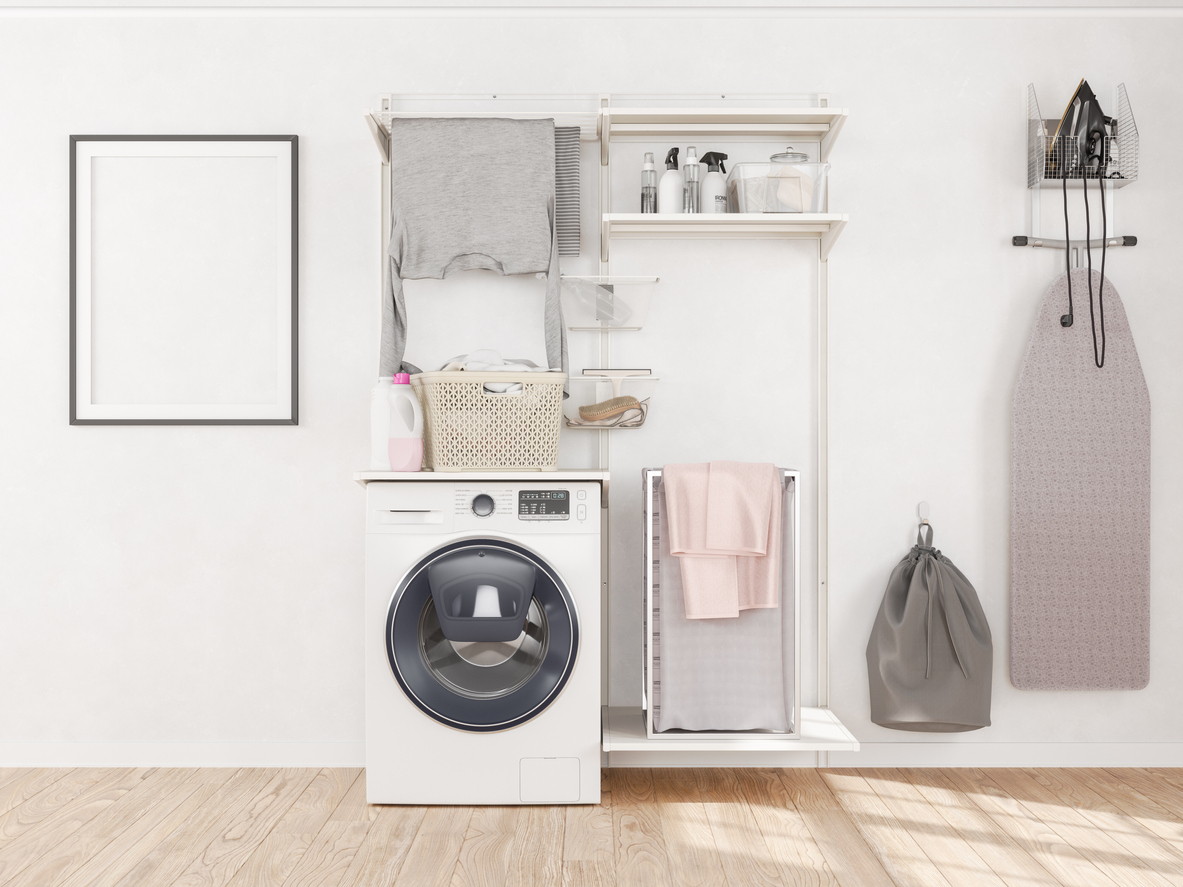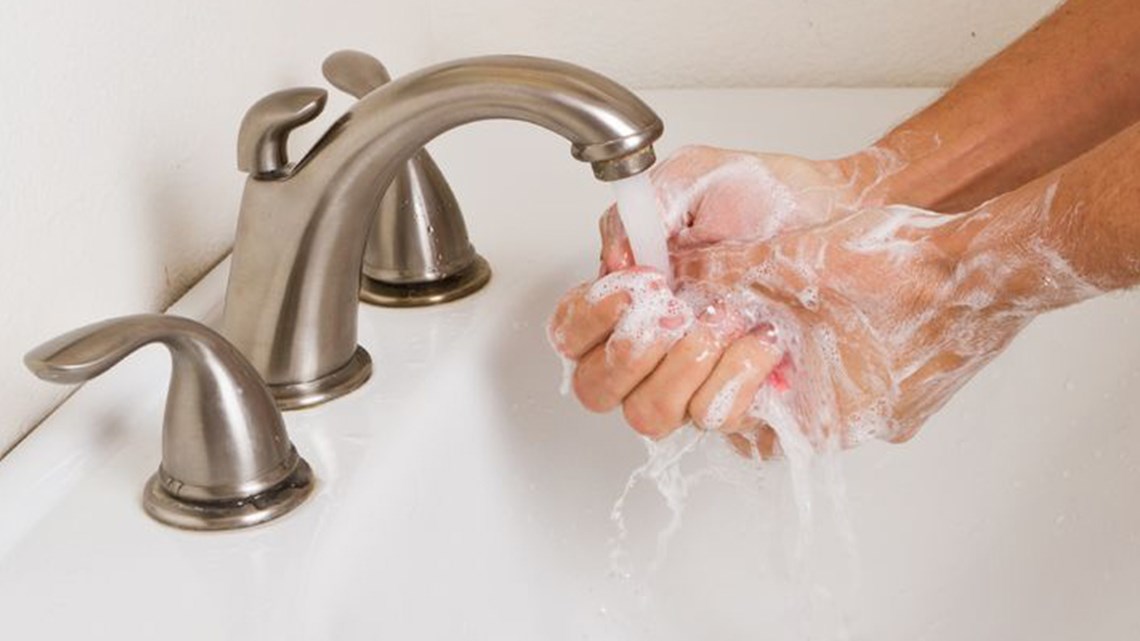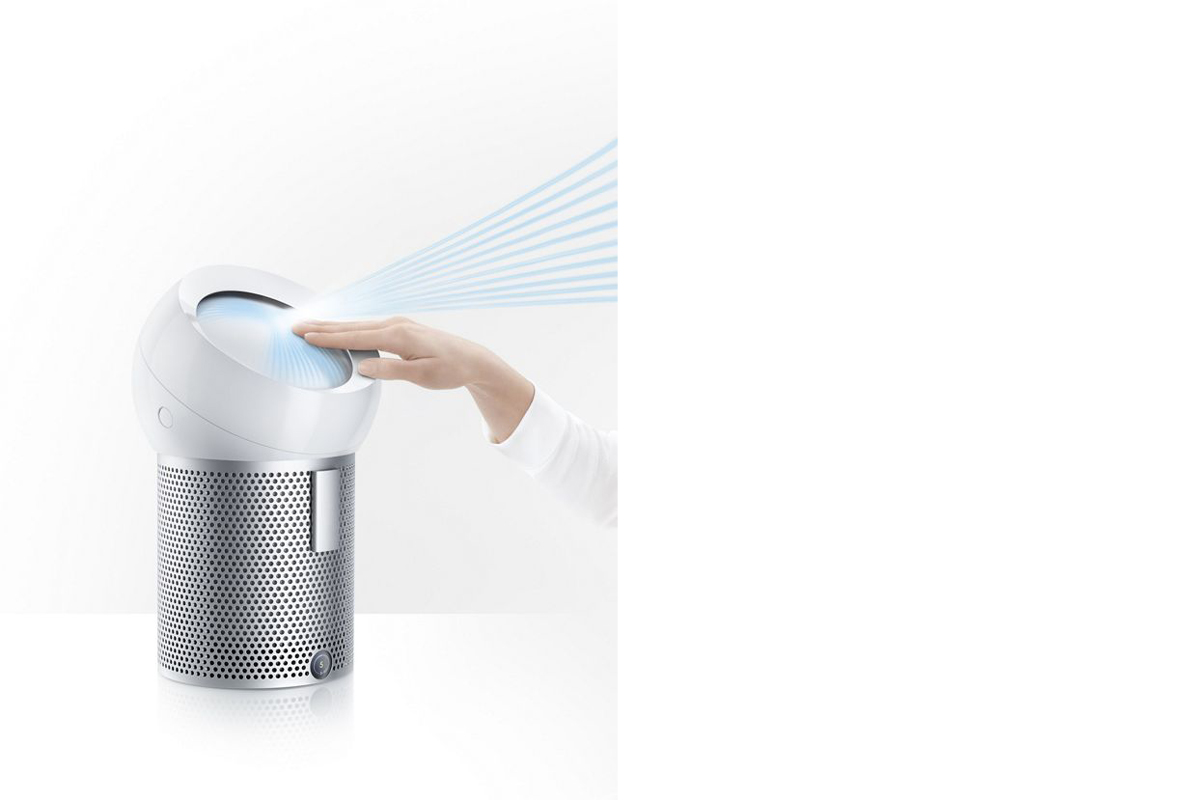Keeping your house clean is always a must for the sake of health and hygiene, but it becomes especially crucial when the flu is making its round. The last thing you want is to bring all the germs back into your home, a space that is meant for safety and comfort. Here are some tips and tricks for keeping your home germ free and clean!
Wash bedsheets regularly
Changing bedsheets can be a pain, but to keep your home clean it is an absolute must. If your bed is dirty and full of germs, you will be in continuous contact with them for the long hours of the night. Staying healthy and clean throughout the day to avoid catching a cold will be a wasted effort if the germs are allowed to catch up with you in your sleep.

Clear your trash daily
If your trash accumulates, leftovers can draw germs to your kitchen. Even pieces of food stuck to packaging can grow mouldy and make for an unsafe space to live and breathe. If you are already sick, unsanitary living conditions will make your recovery slower and more difficult. Raw food should be thrown out immediately as it is the most common source of food poisoning and a likely carrier of bacteria.
Switch your hand soap to anti-bacterial foam
Anti-bacterial foam does its job in getting rid of germs and bacteria on your hands. It also increases your chance of washing your hands thoroughly, as the foam spreads easily and does not take as much effort to cleanse as non-foamy soap. Make sure to wash your hands throughout the day, especially after touching railings on public transport and before eating. This is especially important if you come in contact with people who are already sick.

Image courtesy of Dettol
Use hot water
Boiling items in hot water is an easy and accessible way of sterilising them. If you share cutlery and cups with your family or housemates, wash them with hot water to clean them properly. If you want to be on the very safe side, boil the metal and glass ones. Do not boil plastic, as you will risk melting it. It’s also important to wash your clothes at a high temperature, and to use a dryer if possible. If you are concerned about damaging the clothes, store them in laundry nets during washing and drying – this will allow them to be cleaned thoroughly without absorbing as much damage.
Disinfect common areas
Things such as dining tables, toilets, sinks, and other items that are used often by all residents need to be kept clean and disinfected to avoid the spreading of germs and bacteria. Areas of the home that involve things such as brushing teeth and eating will be especially important, as disease is most easily transmitted through the mouth.

Image courtesy of FairPrice
Wipe down your clothes before entering
Germs are known to live on once they attach to your clothes. Whether it’s coming in contact with public transport or sick co-workers, your clothes will likely bring germs into your home. Wipe them down or disinfect them, along with your bags and shoes, to minimise the amount of dirt and bacteria that you carry into the house.
Don’t sleep in your day clothes
Following on from the point above, do not sleep in clothes you wore outside of the house. As established, long hours of sleep are a ripe occasion for germs to take hold and cause illness, so try to minimise their presence by showering before bed and putting on fresh clothes that have not been worn outdoors.
Keep the air clean and fresh
If there are germs in the house, it is important not to trap them, but to ventilate all areas and allow for fresh air to circulate. This will further help you breathe and recover from a cold if you already have one. If the air outside is too hot or unclean, consider acquiring an air purifier, as this traps germs and unsavoury smells, and can greatly improve your air quality.

Image courtesy of Dyson



